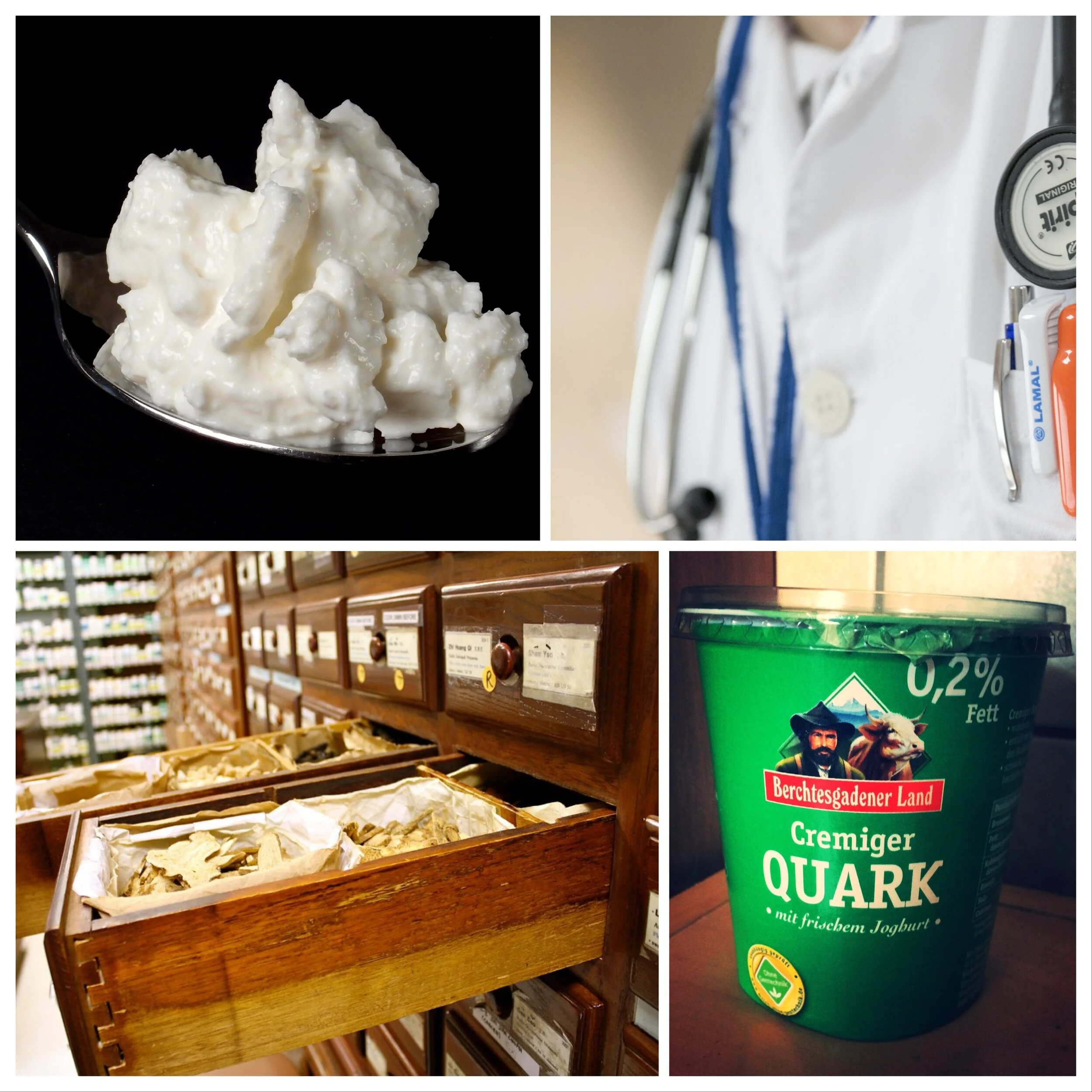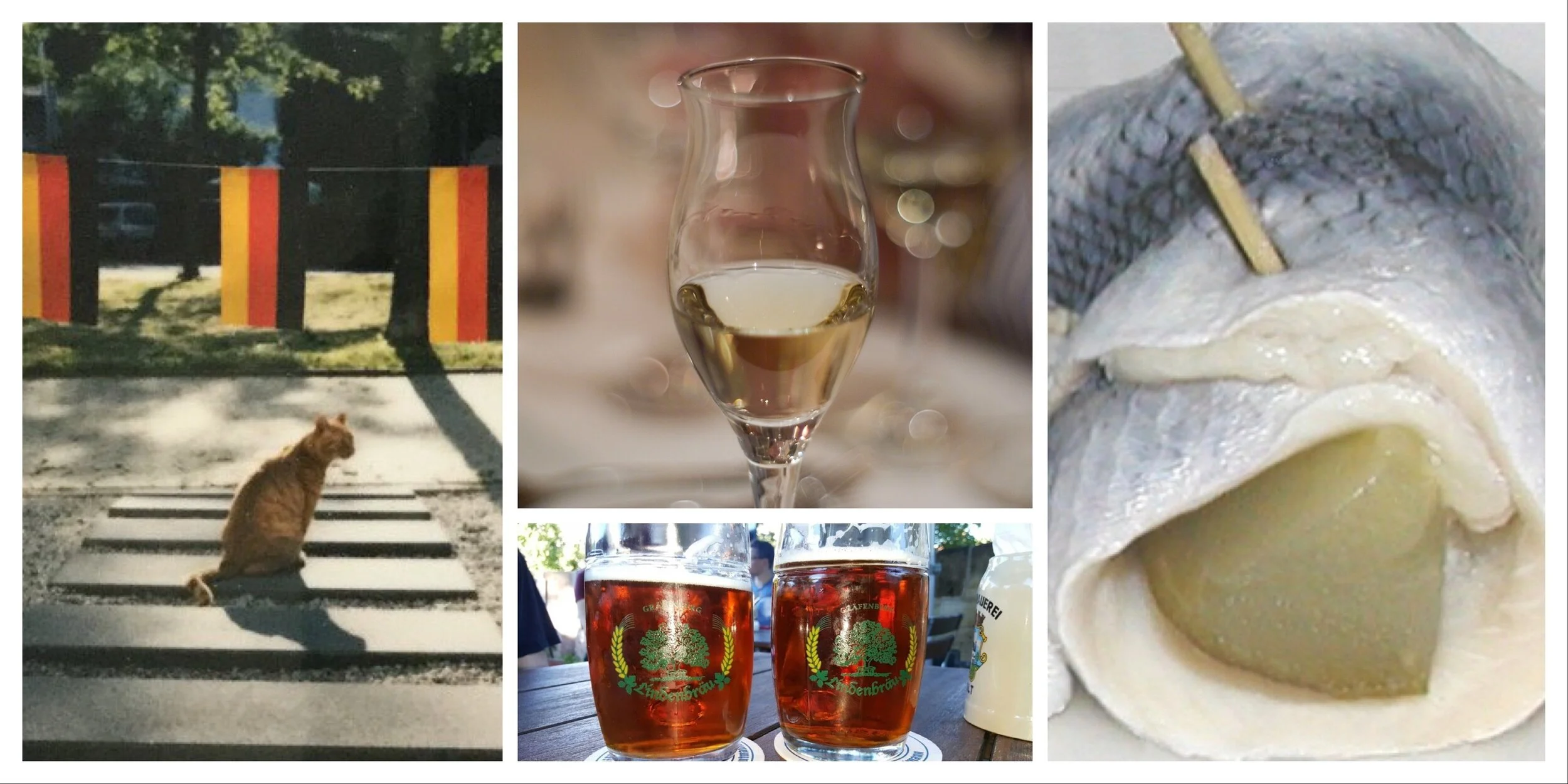Traditional German Medicine
In 2014, the German football coach Felix Magath took charge of a struggling Fulham FC. With only twelve games to avoid relegation from the premier league, Fulham had taken extreme measures. Hiring Magath was a gamble, but Fulham lacked discipline and fight, they were betting on a man with a fearsome reputation to whip the players into shape. Fitness was a central part of the German trainer’s philosophy. Magath is famous for his muscle busting fitness regimes, nicknamed “Quälix” a mix of Felix and quälen (torment or torture). The most notorious example of Magath’s coaching style was his construction of “The Hill of Suffering” at VFL Wolfsburg, a staircase that he forced players to run or jump up to improve their fitness. Magath ultimately failed to save Fulham from the drop, but he retained his reputation as a physically demanding coach. He also gained, in England at least, a new reputation as a German eccentric due to a story concerning curious health advice. When defender Brede Hangeland pulled up with a thigh injury, Magath suggested that a cooling compress made from cheese might be a helpful. The story was leaked to the newspapers, which reported that Magath had told the player to put a “block of cheese” on his leg overnight. Cue national and professional ridicule.
Why had Felix Magath, a seemingly intelligent football coach, risked his professional reputation by suggesting cheese as a remedy for a sporting injury? The simple answer is he didn’t think he was. While football fans around Britain would questions the health giving properties of Stilton, many in Germany agree that a serious burn or muscle injury can be treated quickly by applying a compress made, not of cheese exactly, but Quark.
Quark is warmed sour milk, which is left to curdle and then strained. This very simple product is literally everywhere in Germany. Primarily it’s a foodstuff and an important ingredient in many traditional dishes: Kräuterquark, Quarkölteig, Quarkkuchle, Käsekuchen, salads and even the humble sandwich are all enhanced by the addition of Quark. Not only is it delicious, but miraculously it’s also a diet aid (low fat and high protein) and it’s frequently featured in the recipe pages of German health and fitness magazines. Finally, it’s also a homemade remedy for burns and muscle injuries and has been for as long as anyone in Germany can remember. When Felix Magath recommended using Quark, he was calling on hundreds of years of German traditional medicine. What’s more, he was also displaying the surprising levels of faith that many Germans have in natural, herbal and traditional medicines.
The German reliance on over-the-counter traditional remedies might seem like national cognitive dissonance, given that Germany is one of the largest producers and exporters of pharmaceuticals in the world. It also has tremendously large and well-respected healthcare system that has bridged the gap between private and public options. With affordable healthcare a reality and legal requirement of residency, you would be forgiven for thinking that Germany had moved far beyond the folksy wisdom of the past for dealing with medical complaints. However, the use of herbal and traditional over-the-counter remedies has actually increased in the last ten years to almost €10 billion.
Although I’ve never had a doctor recommend putting an onion on my ear (another common traditional German remedy) I know doctors who have no qualms about offering Quark as a medical solution. For instance, new mothers who are breast feeding are often directed to apply the German miracle ingredient in combination with a cabbage leaf. The science may still be out on the benefits of using Quark, but it is only one among many different traditional remedies on offer in Germany. Most Germans have a drawer full to the brim with various herbal and fruit teas, while still others will swear by a different oils or vitamin supplements. When Germans fall ill, they will more than likely attempt to self-medicate before considering calling the doctor. Even once a medical expert is involved, most Germans using herbal or traditional remedies will not inform their doctor, often for fear of being ridiculed.
Germany has garnered a reputation for being a highly modern and scientifically minded country, at least among non-Germans. Obviously, the reliance on unscientific remedies puts this into question. What studies have shown is that the decision to opt for traditional approaches chimes with common complaints about the German medical system. Users of traditional medicine, when questioned, have suggested that the liberal use of aggressive prescription drugs within German healthcare had motivated their search for gentler traditional options. Others believe that their own Doctor’s refusal to consider traditional or herbal medicine was a signal that they were dogmatic and proved that doctors were too easily swayed by their connections in the large German pharmaceuticals companies.
The answers given in the study, highlighted the uncertainty over a for-profit healthcare system, but it also gave an insight into the cultural factors that motivate Germans to seek out traditional remedies. The first was that traditional medicines are, as the name suggests, traditional and represented the collected knowledge of generations of Germans. This speaks to the “ain’t broke, don’t fix it” mentality often seen throughout Germany as well as the strong sense of unbreakable local tradition that runs through every state in Germany, even those states that prefer to see themselves as very modern. The second response was that traditional remedies gave the patient a feeling of control and responsibility. This speaks to the general desire of Germans to be in control of their own destiny or at least to feel like they are prepared for the long-term. Multi-layered insurance contracts can only give a person a certain level of assurance.
The distrust of medical expertise is a disturbing trend that is on the rise throughout the world and it would be very easy to assume that the use of unusual or at least less than scientific approaches would be an indicator that Germany is following the trend set by countries such as the UK of the US. Although distrust of experts is certainly a factor, perhaps it is more to do with the other aspects of the German mindset, those of self-responsibility, belief in the process and long-term planning that have the largest impact. A quark compress may seem like a quaint idea, but it might also be a door into the deeper aspects of German thinking.








